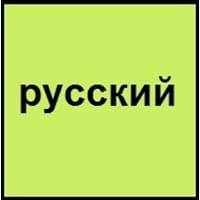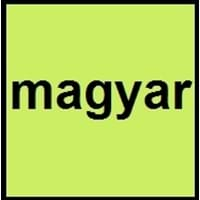Russian vs Hungarian
- In Russian language, the words are not pronounced as they are written.
- In Russian language, there are only 200,000 words out of which only few words are used and due to this many words have more than one meaning.
- Hungarian language has only preserved most of its ancient elements.
- 'Magyar' is the Hungarian name for the language, the 'Magyar' is also used as an English word to refer to Hungarian people.
Russian and Hungarian Language History
Comparison of Russian vs Hungarian language history gives us differences between origin of Russian and Hungarian language. History of Russian language states that this language originated in 1000 AD whereas history of Hungarian language states that this language originated in 1192 AD. Family of the language also forms a part of history of that language. More on language families of these languages can be found out on Russian and Hungarian Language History.
Russian and Hungarian Greetings
People around the world use different languages to interact with each other. Even if we cannot communicate fluently in any language, it will always be beneficial to know about some of the common greetings or phrases from that language. This is where Russian and Hungarian greetings helps you to understand basic phrases in Russian and Hungarian language. Russian word for "Hello" is здравствуйте(zdravstvuyte) or Hungarian word for "Thank You" is köszönöm. Find more of such common Russian Greetings and Hungarian Greetings. These greetings will help you to be more confident when conversing with natives that speak these languages.
Russian vs Hungarian Difficulty
The Russian vs Hungarian difficulty level basically depends on the number of Russian Alphabets and Hungarian Alphabets. Also the number of vowels and consonants in the language plays an important role in deciding the difficulty level of that language. The important points to be considered when we compare Russian and Hungarian are the origin, speaking countries, language family, different greetings, speaking population of these languages. Want to know in Russian and Hungarian, which language is harder to learn? Time required to learn Russian is 44 weeks while to learn Hungarian time required is 44 weeks.





